Nerves
Nerves are an essential part of the human body's communication system, responsible for transmitting signals between the brain, spinal cord, and the rest of the body. They form the nervous system, which controls and coordinates all bodily functions.
Anatomy of a Nerve
A nerve is a bundle of fibers that transmits information in the form of electrical impulses. It consists of:
- Axons: These are long, slender projections of nerve cells that conduct electrical impulses away from the cell body.
- Dendrites: These are shorter, branching projections that receive signals from other nerve cells and transmit them toward the cell body.
- Myelin sheath: A fatty, insulating layer that surrounds some axons, speeding up the transmission of nerve impulses.
Types of Nerves
There are three main types of nerves in the human body:
- Sensory nerves: Transmit sensory information from the body to the brain, allowing us to perceive touch, temperature, pain, and other sensations.
- Motor nerves: Carry signals from the brain and spinal cord to the muscles, enabling voluntary movement and control.
- Autonomic nerves: Regulate involuntary bodily functions such as heart rate, digestion, and breathing.
Functions of Nerves
Nerves play a crucial role in various bodily functions, including:
- Sensory perception: Nerves allow us to sense and respond to the surrounding environment.
- Muscle control: Motor nerves enable us to move and perform physical activities.
- Regulation of internal organs: Autonomic nerves help maintain the body's internal balance and physiological processes.
Common Nerve Disorders
Several conditions can affect the nerves, leading to disorders such as:
- Peripheral neuropathy: Damage to the peripheral nerves, causing numbness, tingling, and weakness in the extremities.
- Neuralgia: Severe, shooting pain along the course of a nerve, often due to irritation or injury.
- Multiple sclerosis: An autoimmune disease that damages the myelin sheath, disrupting nerve signaling.
Study Guide
To understand the topic of nerves, it's important to review the following key concepts:
- Define the structure and function of a nerve.
- Explain the roles of sensory, motor, and autonomic nerves in the human body.
- Identify common nerve disorders and their symptoms.
- Discuss the importance of nerves in sensory perception, muscle control, and organ regulation.
By mastering these concepts, you will gain a comprehensive understanding of the role and significance of nerves in the human body.
[Nerves] Related Worksheets and Study Guides:
.◂Science Worksheets and Study Guides Kindergarten. Weather

 Coloring Worksheet
Coloring Worksheet
 Coloring Worksheet
Coloring Worksheet
 Coloring Worksheet
Coloring Worksheet
 Coloring Worksheet
Coloring Worksheet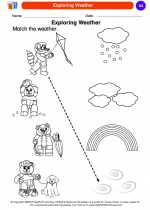
 Coloring Worksheet
Coloring Worksheet
 Coloring Worksheet
Coloring Worksheet
 Coloring Worksheet
Coloring Worksheet
 Coloring Worksheet
Coloring Worksheet
 Coloring Worksheet
Coloring Worksheet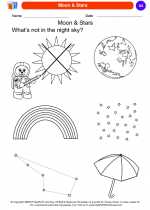
 Coloring Worksheet
Coloring Worksheet
 Coloring Worksheet
Coloring Worksheet
 Coloring Worksheet
Coloring Worksheet
 Coloring Worksheet
Coloring Worksheet
 Coloring Worksheet
Coloring Worksheet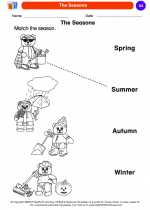
 Coloring Worksheet
Coloring Worksheet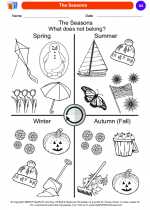
 Coloring Worksheet
Coloring Worksheet
 Coloring Worksheet
Coloring Worksheet
 Coloring Worksheet
Coloring Worksheet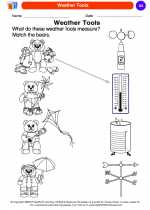
 Coloring Worksheet
Coloring Worksheet
